How to Get the Most out of Vitamin Supplements- Thomas DeLauer: When should you take your vitamins? To learn more about how I can help you, head to http://www.ThomasDeLauer.com Many factors play a role on how available vitamins and supplements are when you take them. Fat-Soluble Vitamins: Vitamins A, D, E and K- These are stored in the liver and fat stores in your body, so you do not need to consume these every day. They are easy to get from food as they are not easily broken down by heat when cooking. These are the most important vitamins to eat with food, as the name implies, they are only absorbed and used by the body in the presence of fat. These vitamins dissolve in fat and are then delivered to the bloodstream for use in the body. Not much fat is needed, but if taking a supplement, or even eating fruits and veggies, but sure to have some fat added. If you make a healthy smoothie, add some almond butter or you favorite oil, such as macadamia nut oil. When eating salads, do not use fat-free salad dressings! Olive oil and lemon juice are great options. Be careful if you supplement these vitamins and be sure to check with your doctor if you feel you may need to do so. These vitamins are only needed in small quantities and can build up to a dangerous level if too many are taken. Vitamin D is the main fat-soluble vitamin in the US where deficiencies are common. This is due to inadequate exposure to sunlight. Fortified foods and supplements can help. Try to obtain 5-15 minutes of direct sunlight twice per week to avoid a deficiency, and if this is not possible then talk to your doctor about supplementation. Water-Soluble Vitamins: Vitamin C and B-complex vitamins are water soluble vitamins that you need to be sure to include in your diet daily. Unlike fat-soluble vitamins, these vitamins are not stored in your adipose tissue or liver and are in essence washed from your body daily. Food storage and preparation are important when making sure to get sufficient quantities of these vitamins. Deficiencies are uncommon, however vegans do not have a natural source of vitamin B12 and usually need to supplement. While deficiencies are not common, it is still important to consume daily for bodily functioning. As these vitamins dissolve in water, you do not need to take these with foods, although you can if you want to. Minerals: Calcium and Magnesium (2,4) – These are best taken with food and good to take at night. Calcium is linked to improved sleep due to its muscle relaxing abilities and magnesium has calming effects on the nervous and musculoskeletal systems. Zinc (2,4) – Take with or after meals to avoid stomach upset. Do not take with dairy as calcium hampers absorption. Also avoid taking with iron as large quantities of iron can also hurt your body’s ability to absorb zinc. Avoid taking excess zinc, which can lead to anemia through suppression of copper absorption. Iron (4) – Best to take on an empty stomach. Avoid taking with zinc, calcium and vitamin E as these can decrease absorption. If you have a sensitive stomach you may not do well when taking iron on an empty stomach. If so, take with a light meal. Probiotics (4) – Best to take 30 minutes before a meal as this is when digestive enzymes, bile salts and stomach acid are at low levels. These levels peak after a meal, so this is the worst time to take a probiotic. Fiber (2) – Be sure to separate taking fiber from other nutritional supplements as fiber can hamper mineral absorption. Fish Oil (4) – Fish Oil is best to take with food and with your multivitamin, or other fat-soluble vitamins, if you take them. The fat in the food that you eat can help to aid in digestion and absorption. As fats take a long time for your body to digest, it is best not to take fish oil pills or eat a fatty meal pre-workout. This can cause digestive upset. Multivitamins: As these contain both water- and fat-soluble vitamins, take with plenty of water and some food with fat in it, but try not to take with dairy as this can reduce your absorption of zinc. References: 1. Fat-soluble vitamins http://extension.colostate.edu/topic-areas/nutrition-food-safety-health/fat-soluble-vitamins-a-d-e-and-k-9-315/ 2. Water-soluble vitamins http://extension.colostate.edu/topic-areas/nutrition-food-safety-health/water-soluble-vitamins-b-complex-and-vitamin-c-9-312/ 3. Get the most from your vitamin supplements http://www.foxnews.com/health/2014/04/08/get-most-from-your-vitamin-supplements.html 4. A guide to timing supplement intake https://labdoor.com/article/a-guide-to-timing-supplement-intake/
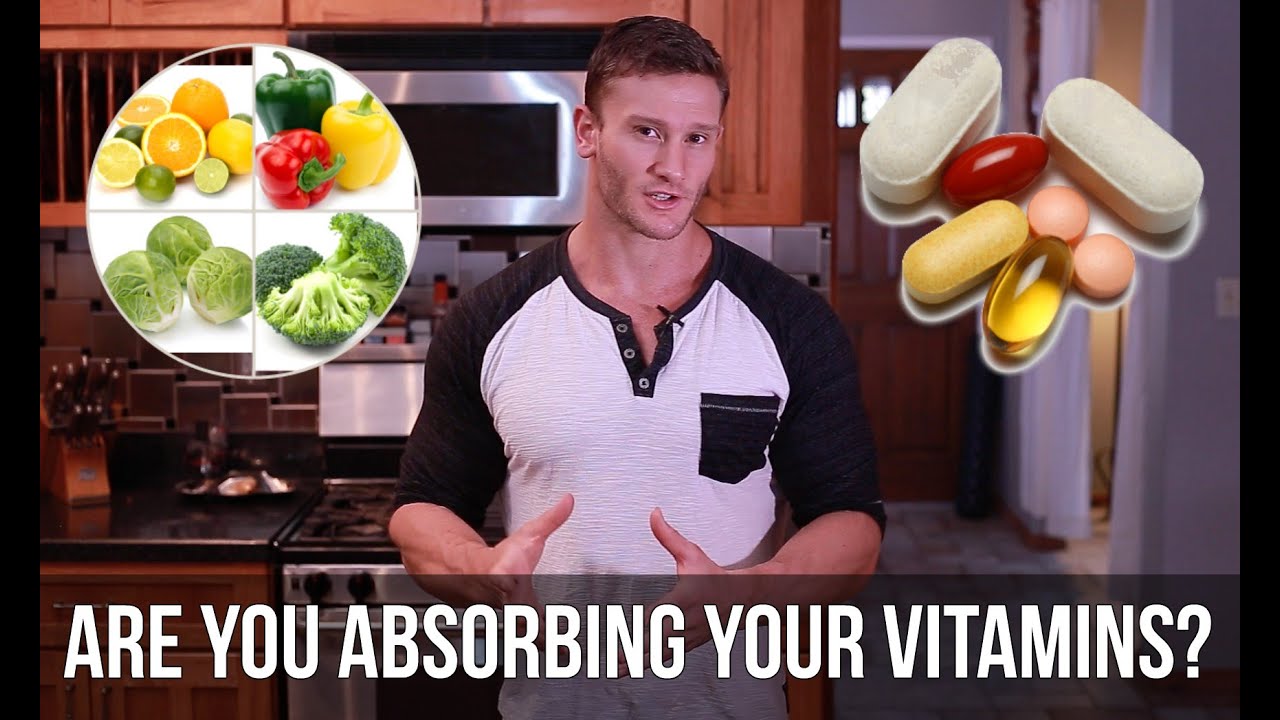
How to Get the Most out of Vitamin Supplements- Thomas DeLauer
- Post author:
- Post published:May 26, 2021
- Post category:Uncategorized
- Post comments:0 Comments
You Might Also Like
Lactation

Seated CONCENTRATION CURLS for BICEPS! (Hindi / Punjabi)
Insulin and the Regulation of Glucose in the Blood

Weight Loss Vlog – Ep. 3 – My Experience With Xenical (Orlistat)
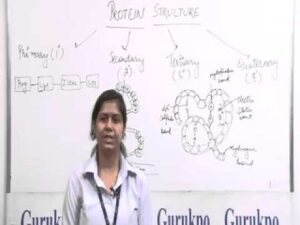
Protein Structure-B.Sc., M.Sc. Lecture by Ms. Madhuri Sharma.
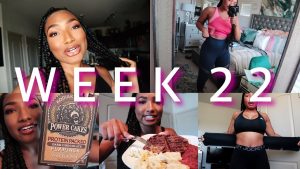
#FITFRIDAY WEEK 22: PROTEIN WAFFLES & CEREAL?! #imBLOATED ?? (SHORT WORKOUT WEEK)
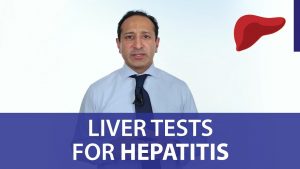
Liver Tests for Hepatitis
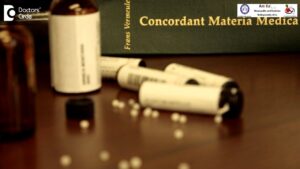
HGH, Growth Hormones & Plant Hormones Video – 35
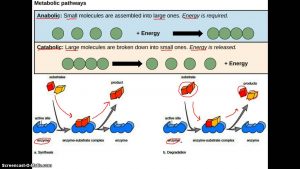
Anabolic vs. Catabolic
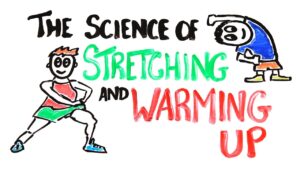
Does Stretching/Warming Up Actually Help?
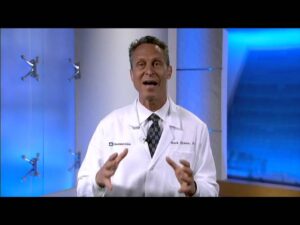
Weight Gain Nutrition Video – 2
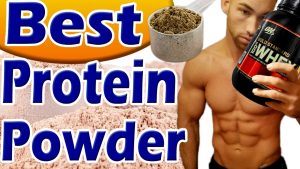
Best Protein Powder for WEIGHT LOSS & MUSCLE BUILDING | Shake to Build Muscle | Top Supplements 2017

Human Body, Body Building Muscle Building Anatomy Physiology Video – 2
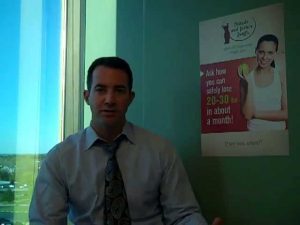
What is BMR and how does it effect my HCG diet?
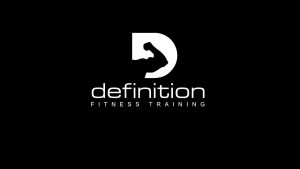
Definition Fitness Strength & Performance Centre

Metabolism, Anabolism, Catabolism – FITNESS VIEW | How to calculate your BMR | by Abhinav Tonk

Tadalafil (Cialis) for Erectile Dysfunction – 5mg, 10mg, 20mg – Uses, Dosage & Side Effects

Constipation Nutrition Video – 1
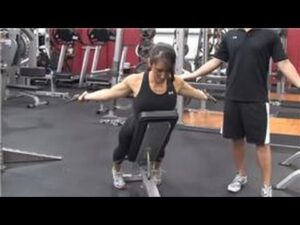
Working Out After Injuries : How Do I Prevent Shoulder Injury During Exercise?
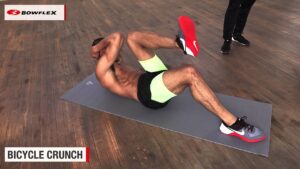
Bowflex® Pro Tip | 12 Different Ab Exercises
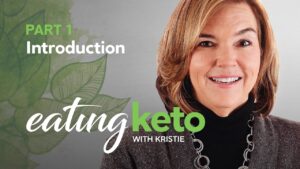
Keto Diet, Keto Foods, Keto Recipes Video – 14

BEARD GROWTH UPDATE (DAY 13) BIOTIN OVERDOSING + SIDE EFFECTS + TIPS Advice Guide to a Thicker Beard
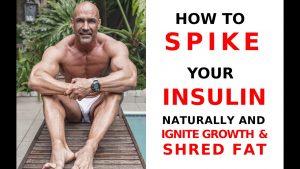
Spiking insulin naturally to build muscle and lose fat
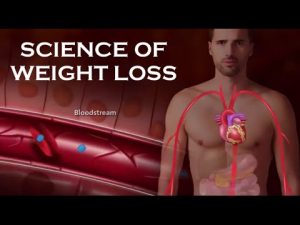
HOW INSULIN WORKS – Science of WEIGHT LOSS
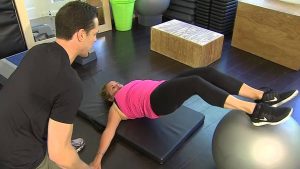
How to reduce menopause symptoms
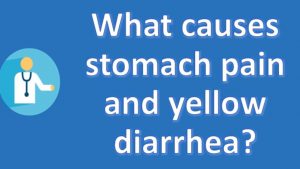
What causes stomach pain and yellow diarrhea ? | Top and Best Health Channel
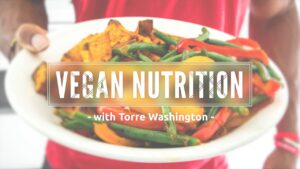
Bodybuilding Nutrition, Diet Recipes & Workout – 47
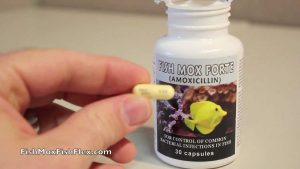
Fish Mox Forte 500 mg Amoxicillin Fish Antibiotic

Otorhinolaryngology Video – 4
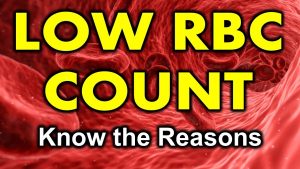
Low RBC count??? What are the reasons??? | causes of low RBC | Low Red blood cell count reasons
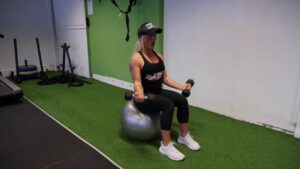
Swiss Ball Bicep Curls
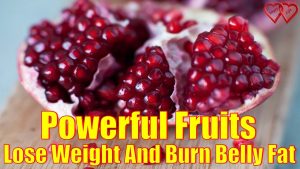
7 Powerful Fruits To Lose Weight And Burn Belly Fat Instantly

Optometry Video – 1

Dermatology Video – 4

Sports Medicine Video – 1

How Much Protein Do You Need Per Day? | Health and Fitness Tips | Guru Mann
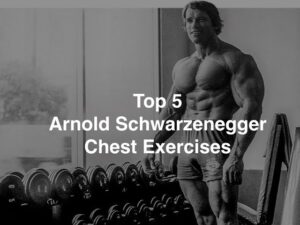
Top 5 Arnold Schwarzenegger Chest Exercises

Food Guide Pyramid Video – 2
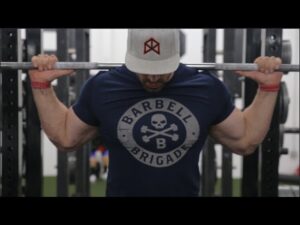
Muscle Building Workout & Squats Video – 4
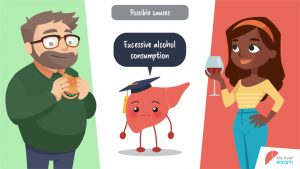
What is liver steatosis?

How to Pistol Squat – 4 Beginner Progression Steps – Tapp Brothers

